Gender
Recent articles
Sex bias in autism drops as age at diagnosis rises
The disparity begins to level out after age 10, raising questions about why so many autistic girls go undiagnosed earlier in childhood.

Sex bias in autism drops as age at diagnosis rises
The disparity begins to level out after age 10, raising questions about why so many autistic girls go undiagnosed earlier in childhood.
Talking shop: The Transmitter’s top quotes of 2025
Find out what “may be one of the brain’s most underappreciated superpowers” and why it’s so crucial to “talk about our research in our everyday lives.”
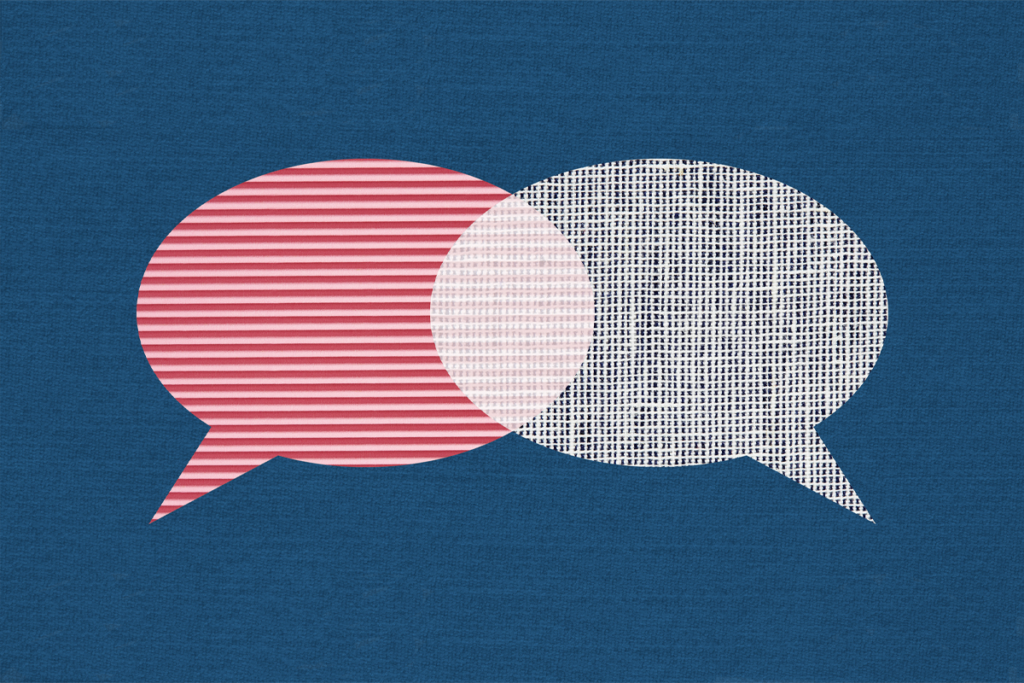
Talking shop: The Transmitter’s top quotes of 2025
Find out what “may be one of the brain’s most underappreciated superpowers” and why it’s so crucial to “talk about our research in our everyday lives.”
ABCD Study omits gender-identity data from latest release
The removal counteracts the goals of the longitudinal study by “pretending that some aspects of adolescent brain development don’t exist,” says sex differences researcher Nicola Grissom.
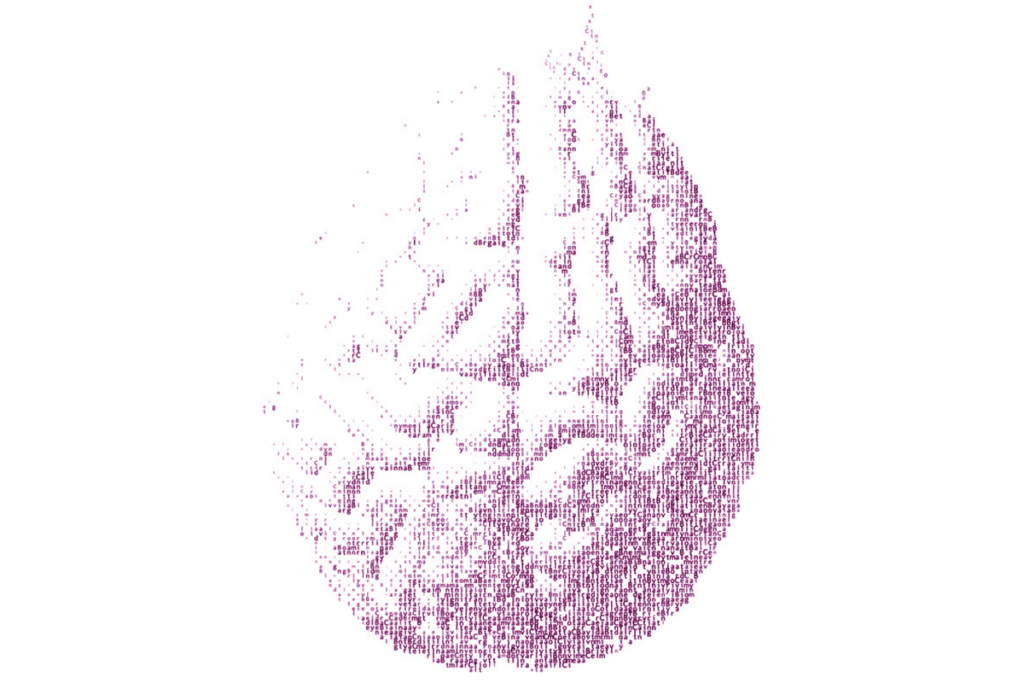
ABCD Study omits gender-identity data from latest release
The removal counteracts the goals of the longitudinal study by “pretending that some aspects of adolescent brain development don’t exist,” says sex differences researcher Nicola Grissom.
How eight initiatives are tackling neuroscience’s gender gap
In honor of today’s International Day of Women and Girls in Science, The Transmitter spoke with some of the women working to bolster their ranks in the field through storytelling podcasts, speaker repositories, social media networks and other community-based advocacy projects.
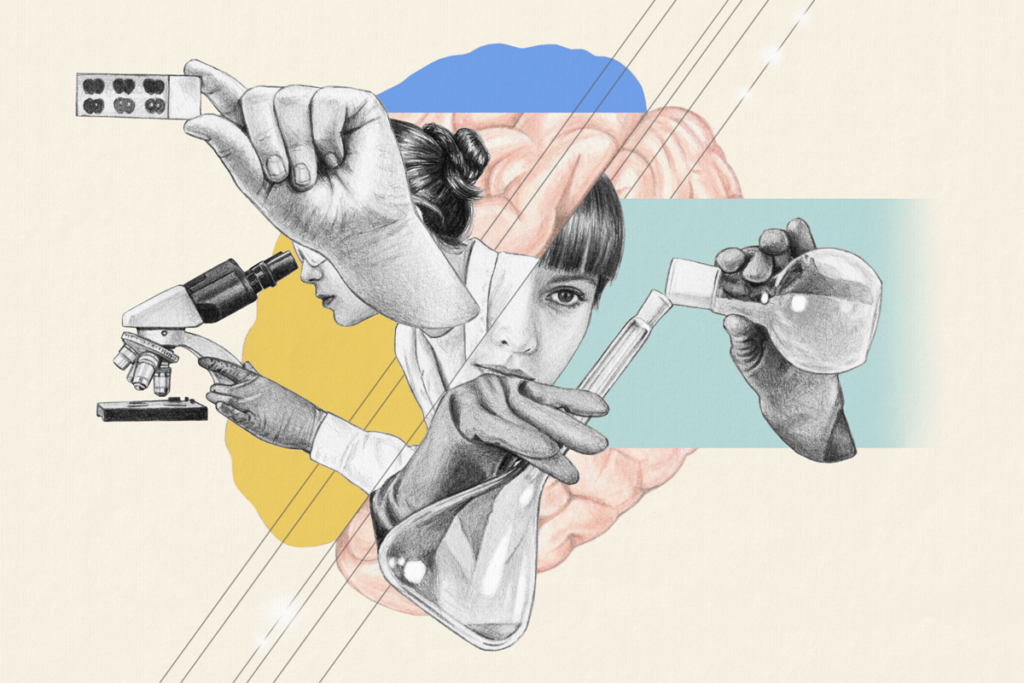
How eight initiatives are tackling neuroscience’s gender gap
In honor of today’s International Day of Women and Girls in Science, The Transmitter spoke with some of the women working to bolster their ranks in the field through storytelling podcasts, speaker repositories, social media networks and other community-based advocacy projects.
Revisiting sex and gender in the brain
To conduct scientifically accurate and socially responsible research, it is useful to think of “sex” as a complex, multifactorial and context-dependent variable.
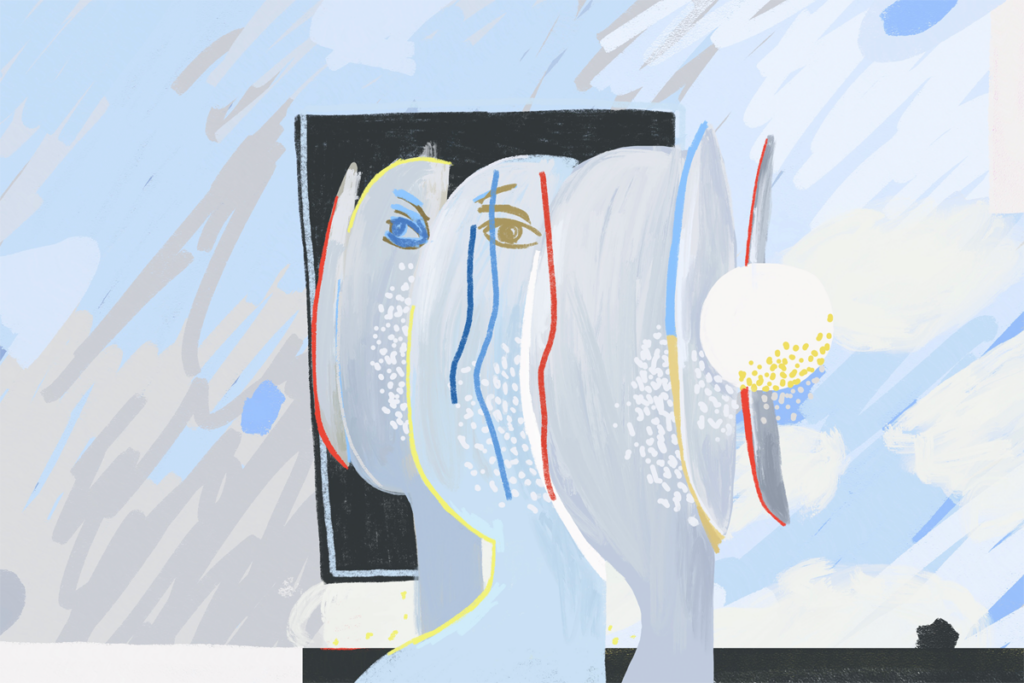
Revisiting sex and gender in the brain
To conduct scientifically accurate and socially responsible research, it is useful to think of “sex” as a complex, multifactorial and context-dependent variable.
X marks the spot in search for autism variants
Genetic variants on the X chromosome, including those in the gene DDX53, contribute to autism’s gender imbalance, two new studies suggest.
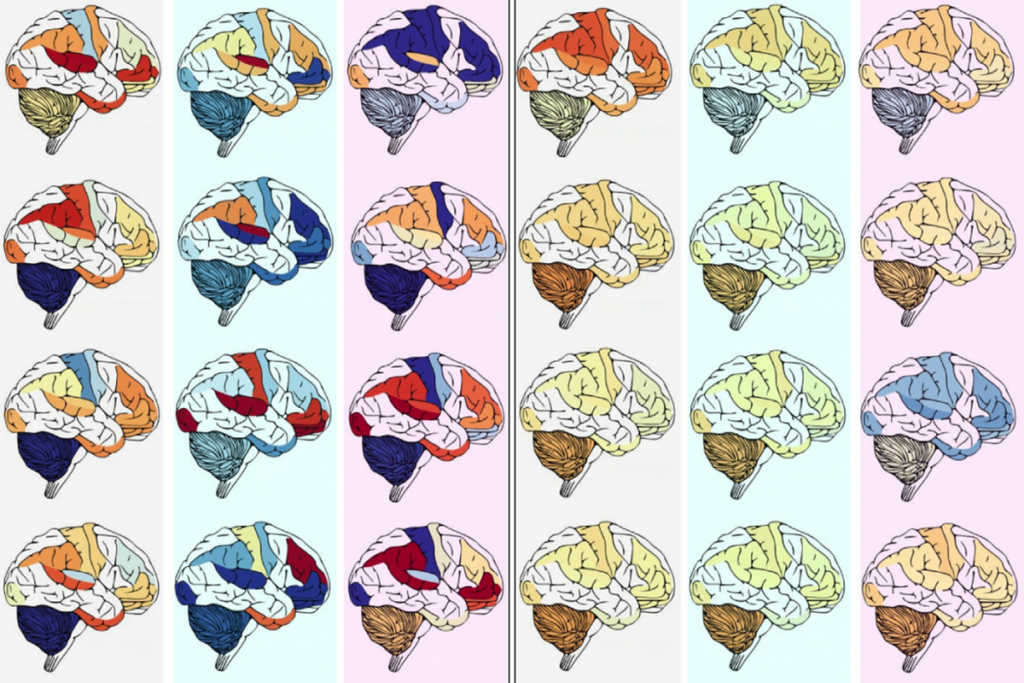
X marks the spot in search for autism variants
Genetic variants on the X chromosome, including those in the gene DDX53, contribute to autism’s gender imbalance, two new studies suggest.
The Transmitter’s favorite podcasts of 2024
Our picks include a deep dive into dopamine, the role of PKMzeta in memory, and studying the stomatogastric ganglion.
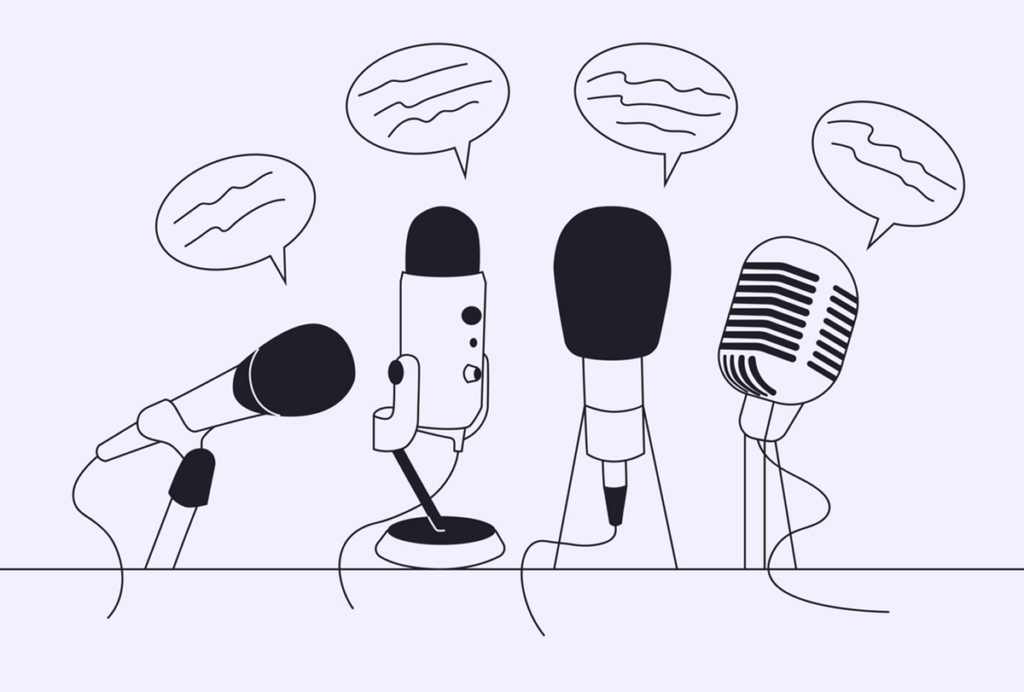
The Transmitter’s favorite podcasts of 2024
Our picks include a deep dive into dopamine, the role of PKMzeta in memory, and studying the stomatogastric ganglion.
Males and females show different patterns of risk for brain-based conditions. Ignoring these differences does us all a disservice.
Although studying sex differences in the brain is complex, technically awkward and socioculturally loaded, it is absolutely essential.
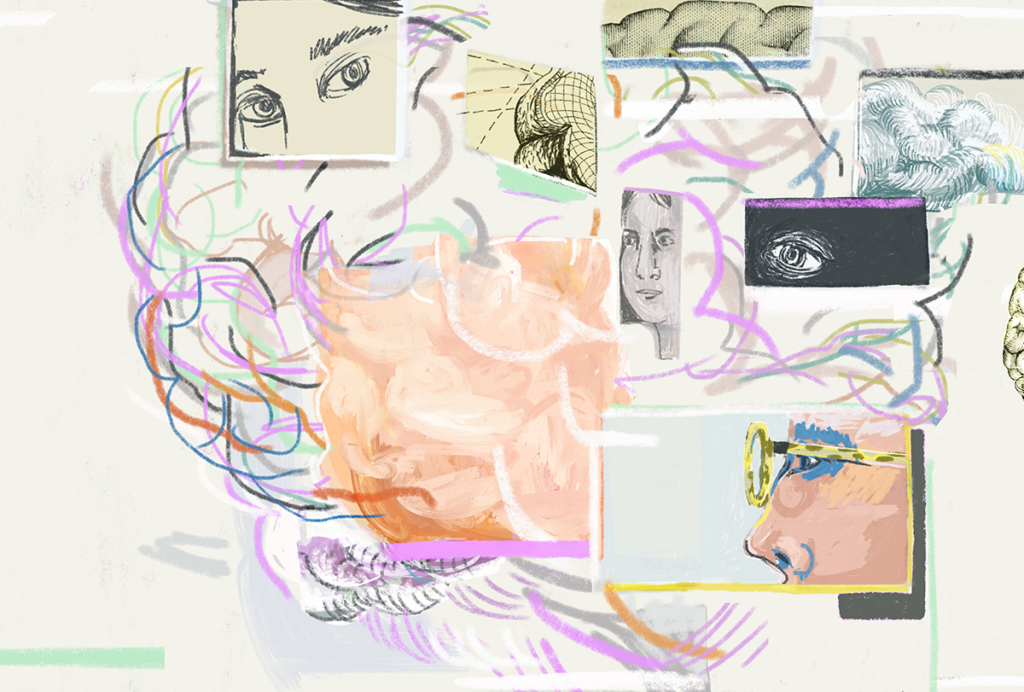
Males and females show different patterns of risk for brain-based conditions. Ignoring these differences does us all a disservice.
Although studying sex differences in the brain is complex, technically awkward and socioculturally loaded, it is absolutely essential.
Extra Y chromosomes are linked to autism
Data from people with more or fewer than two sex chromosomes could help answer questions around genetic protection and vulnerability.
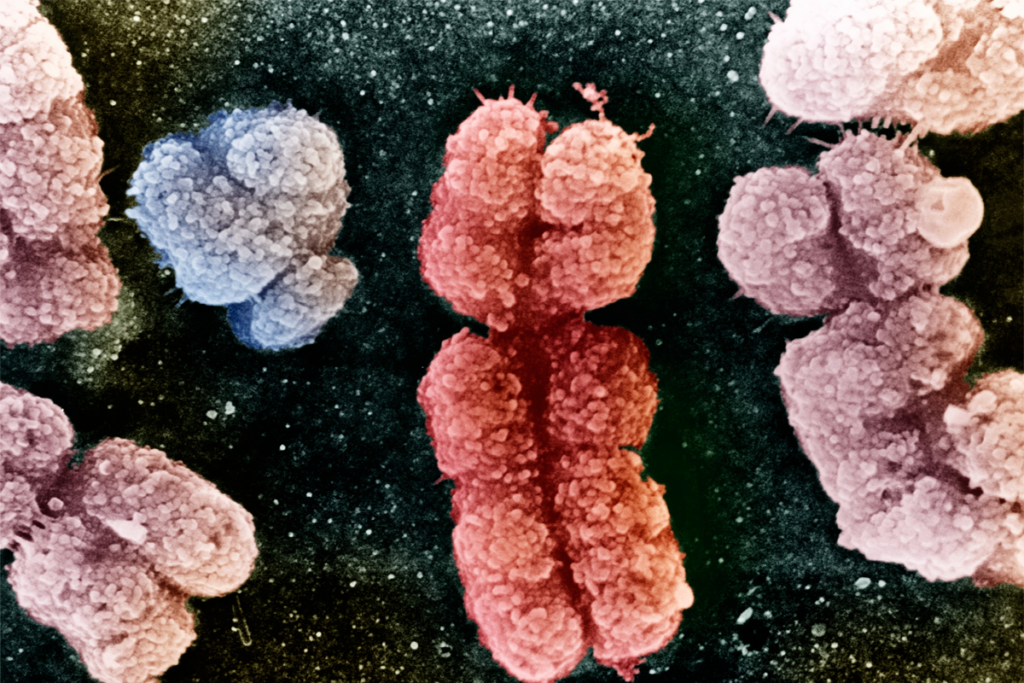
Extra Y chromosomes are linked to autism
Data from people with more or fewer than two sex chromosomes could help answer questions around genetic protection and vulnerability.
Male and female brains, Proust, and Catherine Dulac
The 2021 Breakthrough Prize winner explains how reading widely shaped her worldview, and discusses the vomeronasal organ.
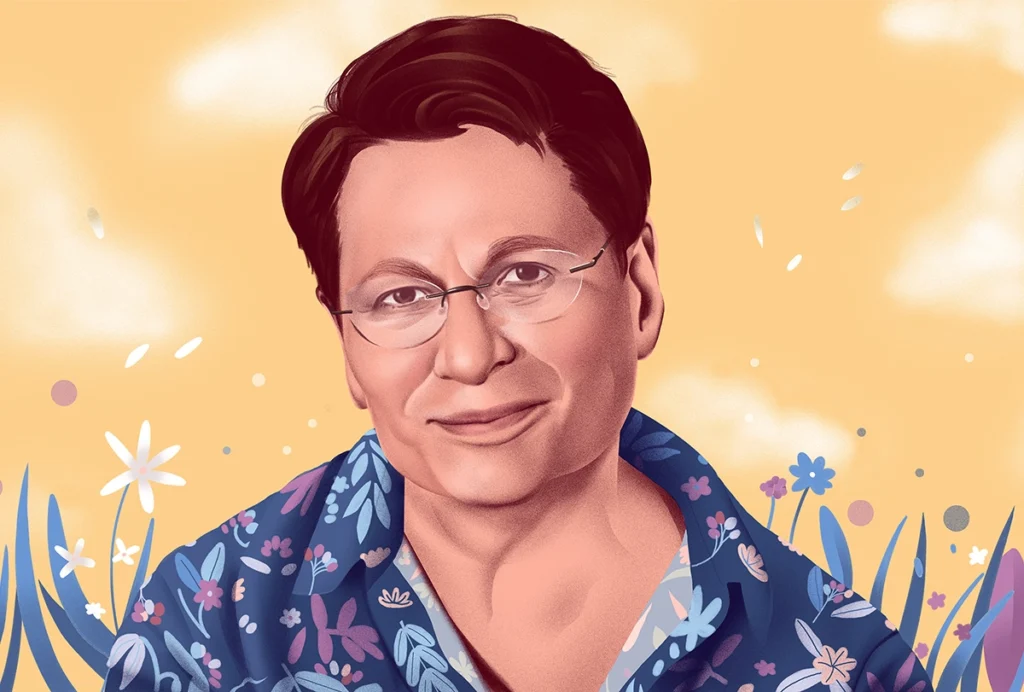
Male and female brains, Proust, and Catherine Dulac
The 2021 Breakthrough Prize winner explains how reading widely shaped her worldview, and discusses the vomeronasal organ.
Explore more from The Transmitter
Lack of reviewers threatens robustness of neuroscience literature
Simple math suggests that small groups of scientists can significantly bias peer review.

Lack of reviewers threatens robustness of neuroscience literature
Simple math suggests that small groups of scientists can significantly bias peer review.
Dendrites help neuroscientists see the forest for the trees
Dendritic arbors provide just the right scale to study how individual neurons reciprocally interact with their broader circuitry—and are our best bet to bridge cellular and systems neuroscience.

Dendrites help neuroscientists see the forest for the trees
Dendritic arbors provide just the right scale to study how individual neurons reciprocally interact with their broader circuitry—and are our best bet to bridge cellular and systems neuroscience.
Two primate centers drop ‘primate’ from their name
The Washington and Tulane National Biomedical Research Centers—formerly called National Primate Research Centers—say they made the change to better reflect the breadth of research performed at the centers.

Two primate centers drop ‘primate’ from their name
The Washington and Tulane National Biomedical Research Centers—formerly called National Primate Research Centers—say they made the change to better reflect the breadth of research performed at the centers.